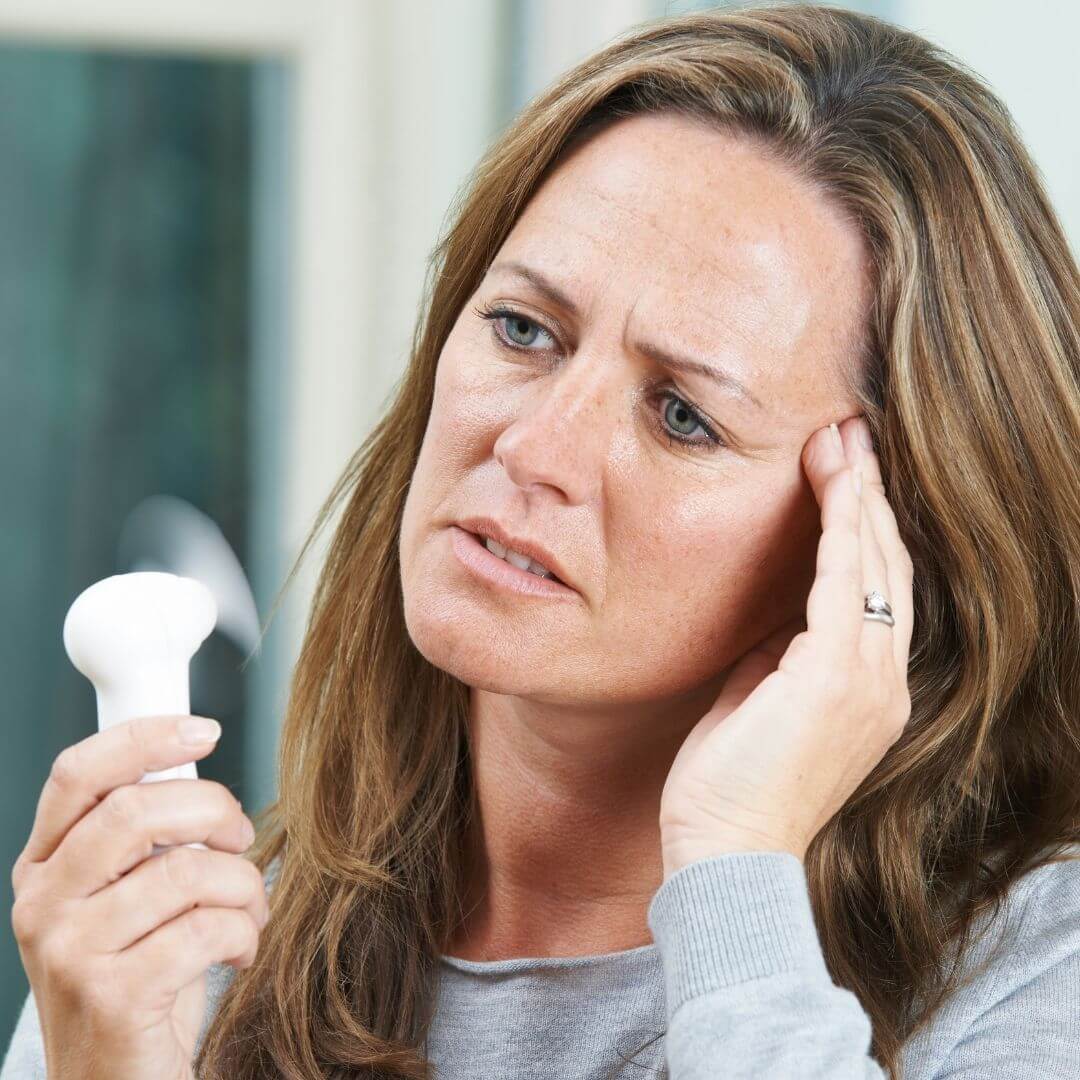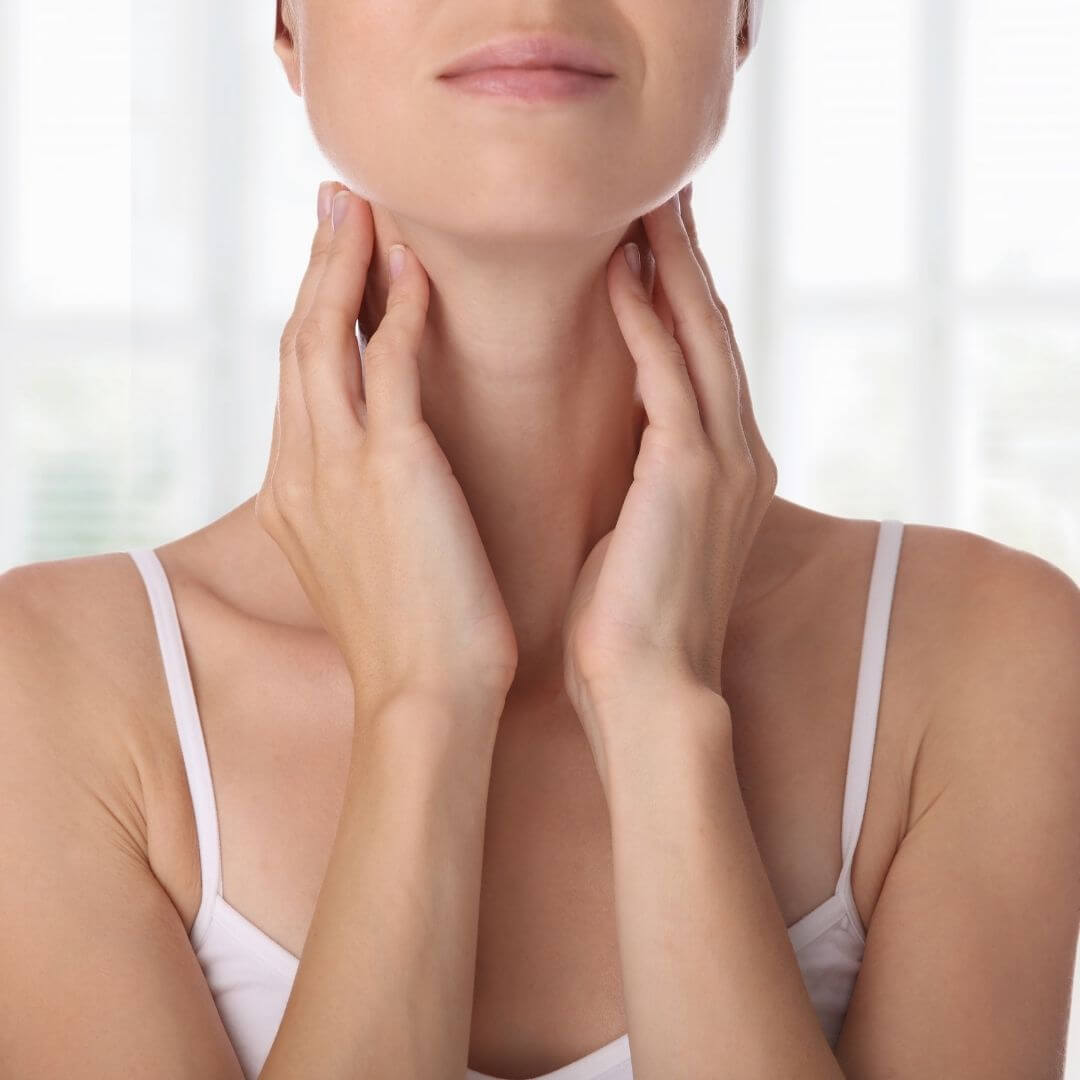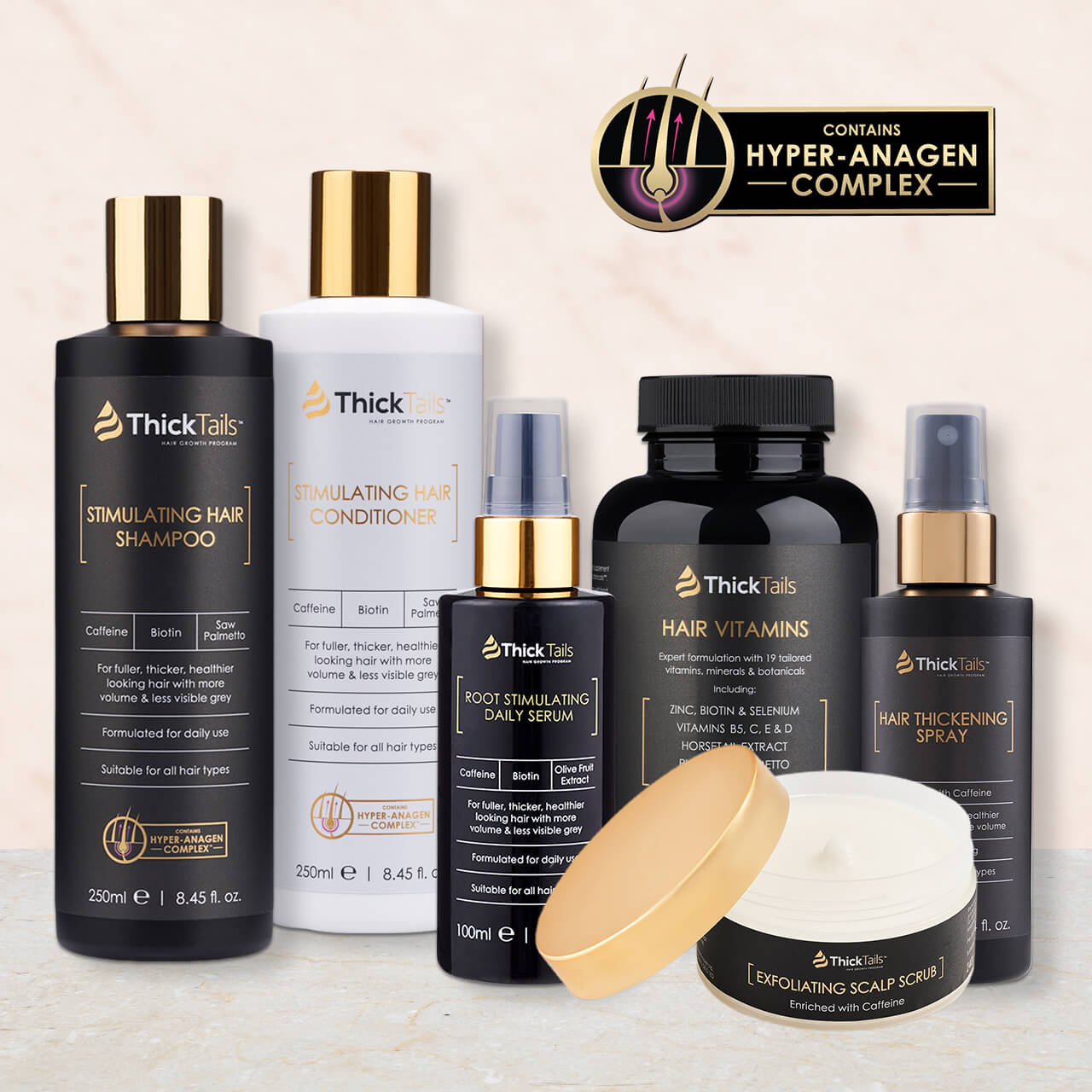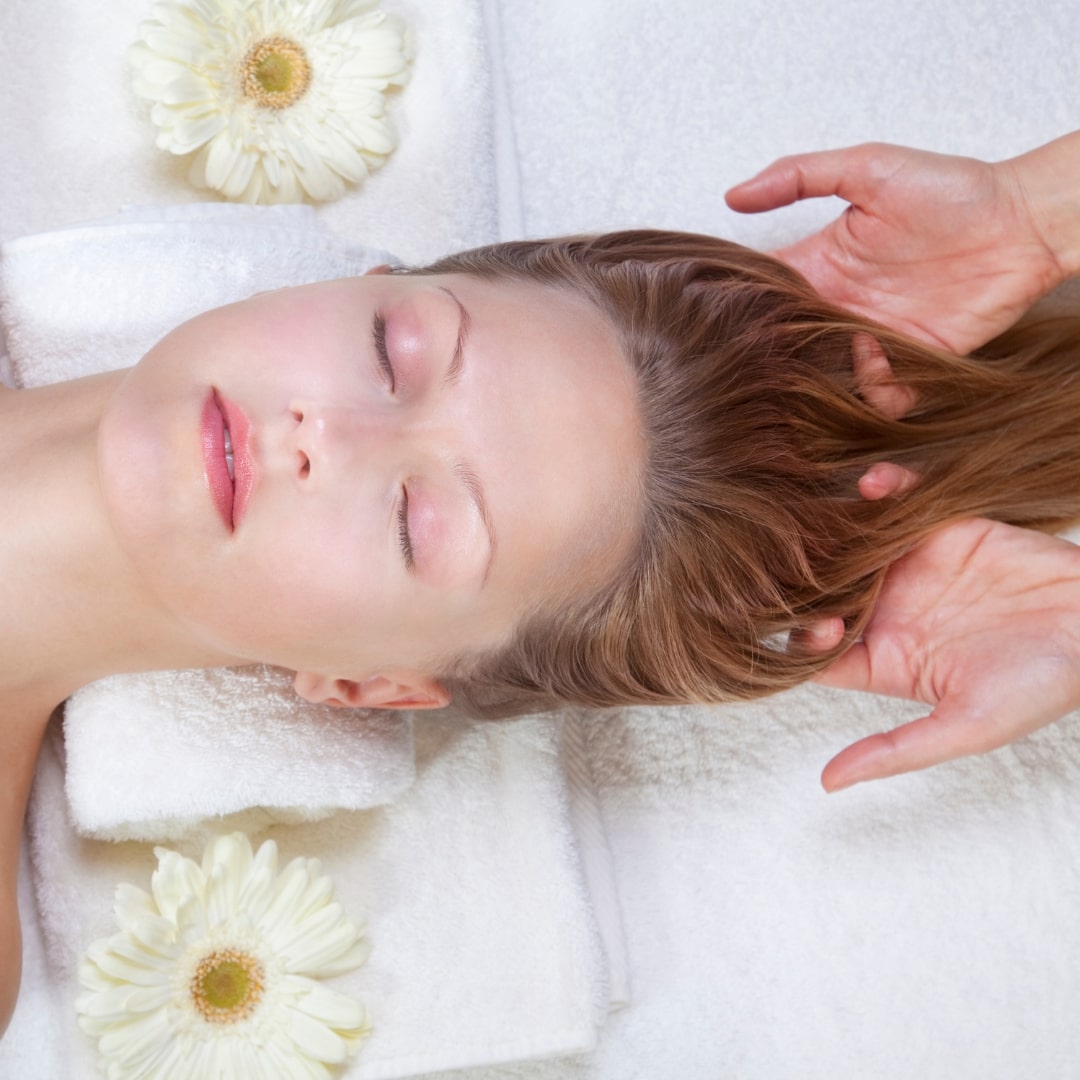Losing hair can be an unsettling experience for anyone, particularly women for whom hair often represents femininity and identity. Early hair loss in women, a condition not as uncommon as believed, can significantly impact self-esteem and well-being. This comprehensive guide aims to shed light on the causes of early hair loss and explore practical strategies to manage and prevent it, with a particular focus on shampoo and conditioner, supplements, and overall hair care.
I. Understanding Early Hair Loss in Women

Early hair loss in women, often perceived as a distressing sign of aging or health issues, is a condition that garners increasing attention in the medical and beauty communities alike. Understanding the underlying causes of early hair loss is crucial for women facing this challenge, as it can be attributed to a variety of factors including genetics, hormonal imbalances, stress, and nutritional deficiencies. Addressing these causes early on is essential for managing and mitigating hair loss, offering hope and solutions to those affected.
A. Overview of Early Hair Loss: Definition and Significance
Early hair loss in women refers to significant hair thinning or bald patches that occur prematurely or outside the typical patterns of aging. This condition can manifest through a gradual thinning on top of the head, a widening part, or bald spots.
While hair loss can affect women of all ages, it tends to be particularly distressing for those in their 20s and 30s, years when societal expectations around beauty and femininity are often felt most acutely. Recognizing the early signs of hair loss is key to seeking timely interventions that can slow the progression and even encourage regrowth. For many women, addressing hair loss involves a holistic approach that encompasses lifestyle changes, medical treatments, and supportive hair care routines.
B. Common Causes of Early Hair Loss in Women
Several factors contribute to early hair loss, with hormonal changes, genetics, and lifestyle factors being the most prominent. Hormonal shifts, especially around menopause or postpartum, can significantly affect hair's growth cycle. Genetics also plays a crucial role; a family history of early hair loss increases one's risk. Additionally, lifestyle factors such as stress, poor nutrition, and harsh hair treatments can exacerbate hair thinning.
C. Impact of Early Hair Loss on Women's Well-being and Self-esteem
The psychological impact of hair loss cannot be overstated. Many women experience diminished self-confidence, anxiety, and even depression, affecting their social interactions and quality of life.
The psychological impact of hair loss cannot be overstated. Many women experience diminished self-confidence, anxiety, and even depression, affecting their social interactions and quality of life. For women undergoing early hair loss, the emotional toll can be particularly heavy, further emphasizing the importance of understanding and addressing this condition compassionately and effectively. Finding a community or support group of women who share similar experiences can be a valuable resource to alleviate feelings of isolation and provide mutual encouragement.
II. Addressing Early Hair Loss: Effective Strategies for Women
Addressing early hair loss in women demands a multifaceted approach that encompasses both preventive measures and active treatments. Recognizing the significant emotional toll it can take, it's crucial for women facing early hair loss to explore all avenues of care. From nutritional adjustments aimed at bolstering hair health to selecting hair care products engineered to minimize damage and stimulate growth, each strategy plays a key role. Additionally, seeking professional advice from dermatologists or trichologists can provide tailored treatments based on the underlying causes, offering hope and solutions for those grappling with this challenge.
A. Medical Treatments and Therapies for Early Hair Loss
For those facing early hair loss, several medical treatments offer hope. Topical solutions like minoxidil have been proven to stimulate hair growth, while prescription medications can address underlying hormonal imbalances. It's essential to consult a healthcare provider to determine the most suitable option.
In addition, the role of specialized shampoo and conditioner designed for women experiencing early hair loss should not be underestimated. These products often contain ingredients that strengthen hair follicles and improve scalp health, thereby reducing hair fall. Similarly, dietary supplements rich in vitamins and minerals essential for hair growth can also play a critical role in combating early hair loss in women.
B. Lifestyle Changes to Promote Hair Health and Reduce Hair Loss
Modifying one's lifestyle can have a positive impact on hair health. A diet rich in vitamins and minerals supports hair growth, while managing stress through meditation or exercise can mitigate hair loss. Ensuring adequate sleep and hydration also plays a crucial role in maintaining hair health.
C. Alternative Remedies and Natural Treatments for Early Hair Loss in Women
Many women find success with natural treatments and supplements that support hair health. Products containing biotin, vitamin E, and omega-3 fatty acids can strengthen hair, while natural oils like rosemary and peppermint may stimulate hair growth. Always consult with a healthcare provider before starting any supplement regimen.
III. Preventing Early Hair Loss: Maintenance Tips and Hair Care Practices

To effectively combat early hair loss in women, maintaining a healthy hair care routine is paramount. Gentle handling of hair, avoiding overuse of heat styling tools, and choosing hair care products specifically designed for hair loss can make a significant difference. For women experiencing early hair loss, it's also advisable to reduce chemical treatments such as dyes and perms, which can further weaken hair. Integrating these practices into one's daily routine can not only help mitigate early hair loss but also promote the overall health and appearance of hair, restoring confidence and well-being.
A. Proper Hair Care Routine to Prevent Hair Loss
Adopting a gentle hair care routine is critical in preventing further hair loss. This includes using a mild shampoo and conditioner tailored to your hair type, minimizing heat styling, and avoiding harsh chemical treatments.
Additionally, it's beneficial for women experiencing early hair loss to incorporate supplements that support hair strength and growth, such as those containing biotin or collagen. Frequent use of nourishing shampoo and conditioner specifically formulated for thinning hair can also make a noticeable difference, helping to restore volume and vitality to the hair.
B. Choosing the Right Hair Care Products for Healthy Hair
Selecting the right shampoo and conditioner can make a difference in your hair's health. Look for products free of sulfates and parabens, which can strip hair of natural oils. Instead, opt for products with nourishing ingredients like keratin, argan oil, or biotin to support hair strength and growth.
Additionally, integrating supplements specifically designed to target early hair loss in women can provide the necessary nutrients that might be missing from the diet, further enhancing the effectiveness of a dedicated shampoo and conditioner routine. Ensuring these products and supplements are part of a comprehensive approach to hair care is key for women battling early hair loss, offering a foundation for stronger, healthier hair growth.
C. Consultation with Hair Care Professionals and Dermatologists
If you're concerned about early hair loss, seeking advice from hair care professionals and dermatologists can provide personalized treatment options and advice. They can help identify the root cause of your hair loss and recommend targeted treatments or lifestyle changes.
In Conclusion
Early hair loss in women is a multifaceted issue that requires a comprehensive approach to care and treatment. Understanding the underlying causes and implementing effective strategies can halt hair loss progression and promote regrowth. Whether through medical treatments, lifestyle adjustments, or the right shampoo and conditioner, taking proactive steps toward hair health can restore confidence and improve quality of life. Remember, you're not alone in this journey, and support is available to help you reclaim your hair and your confidence.













